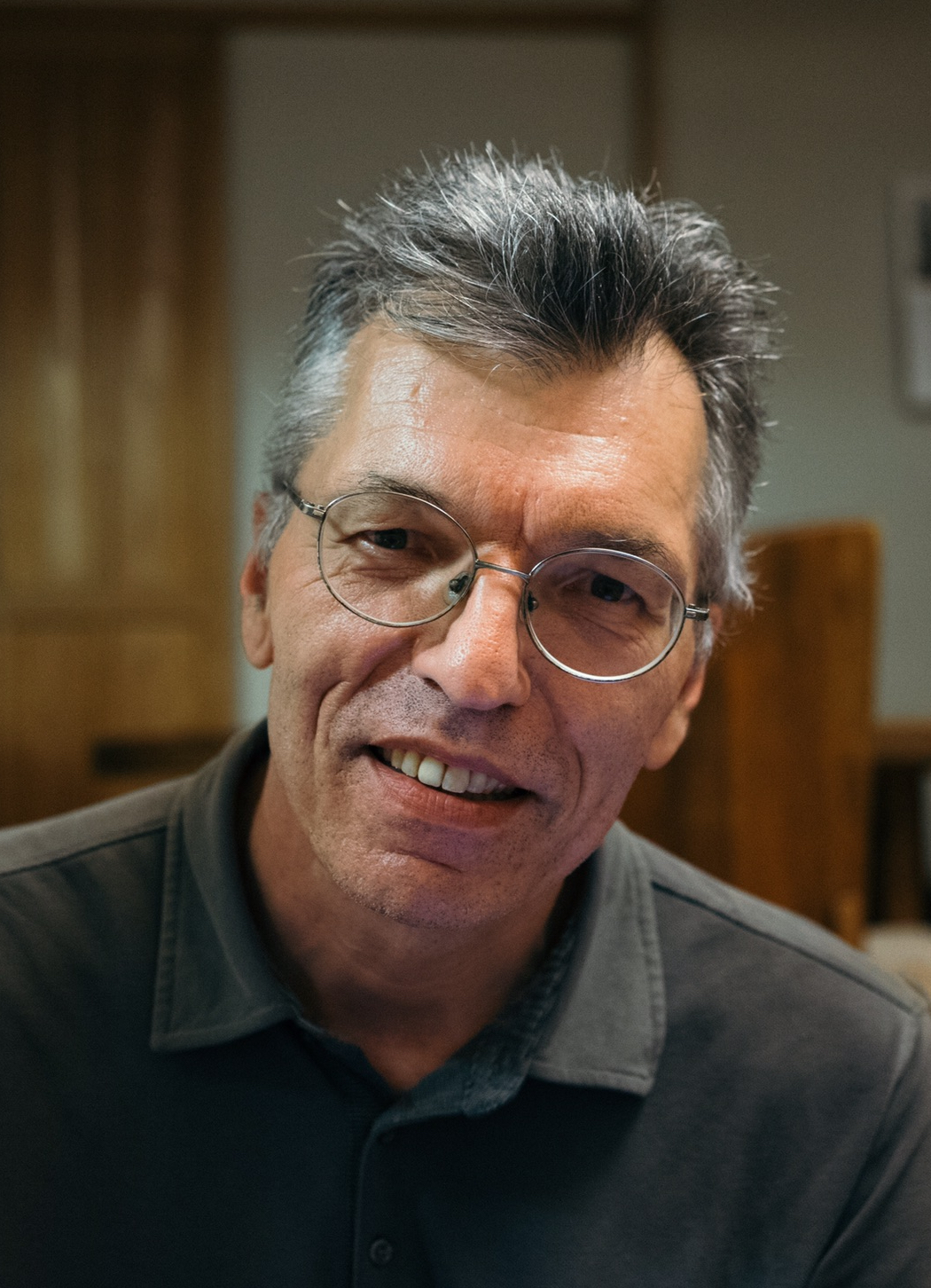10 Sep (Monday) 13:00 - 16:15
Joint Public Keynote Session with JADH2018
12 Sep (Wednesday) 9:00-10:00
Digital texts in practice
Christian Wittern
As a student of intellectual, religious and cultural developments in areas of the Chinese cultural sphere, my initial drive in engaging with digital texts 30 years ago was to open up the new possibilities offered by the digital medium for the use of researchers, without losing any of the affordances of a traditional printed edition. This requirement includes use of texts for reading, translating, annotating, quoting, and publishing, thus integrating with the whole of the scholarly work flow.
At that time theories of electronic texts started to appear and the TEI already had begun the endeavour to create a common text model and interchange specification, for the most part based on European languages. For East-Asian texts, things where much more complicated due to different and quickly evolving character encoding standards, different textual traditions and approaches to text editing, as well as different institutional embedding.
In this presentation, I will look back at these developments, firstly to recount some of the history, albeit from a strictly personal perspective, but also to take stock of the situation and consider where we are now, how we got there and what remains to be done to realize the dream of the universal digital text, easily shared and annotated, but still tractable, verifiable and authoritative.
Bio

Christian Wittern studied Philosophy, German Literature and Sinology in Tübingen, Hamburg, Hangzhou, Kyoto and Göttingen. During graduate studies in Kyoto, he had the chance to participate in the Zen Knowledgebase project lead by Urs App at Hanazono University, which published digital texts and research tools on a CD-ROM in 1995. After receiving the doctorate, he moved to Taiwan to work at the Chung-hwa Institute for Buddhist Studies and with the Chinese Buddhist Electronic Text Association (CBETA), for which he served as adviser since its foundation in 1998. He currently works at the Center for Informatics in East-Asian Studies, Institute of Research in Humanities, Kyoto University. One of his current research projects is the Kanseki Repository, an open sourced collection of pre-modern Chinese texts, currently holding almost 10000 items.
